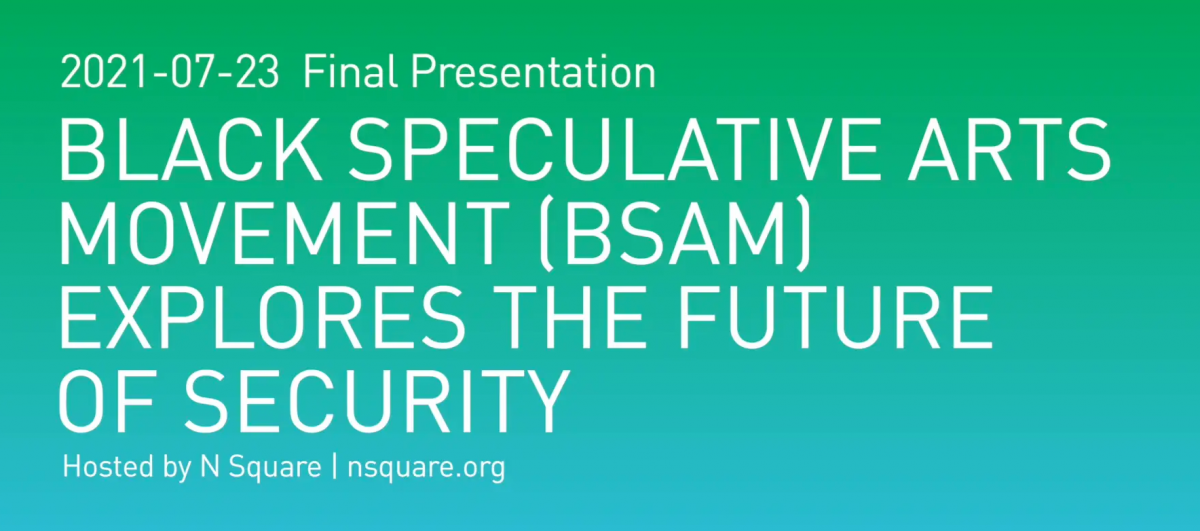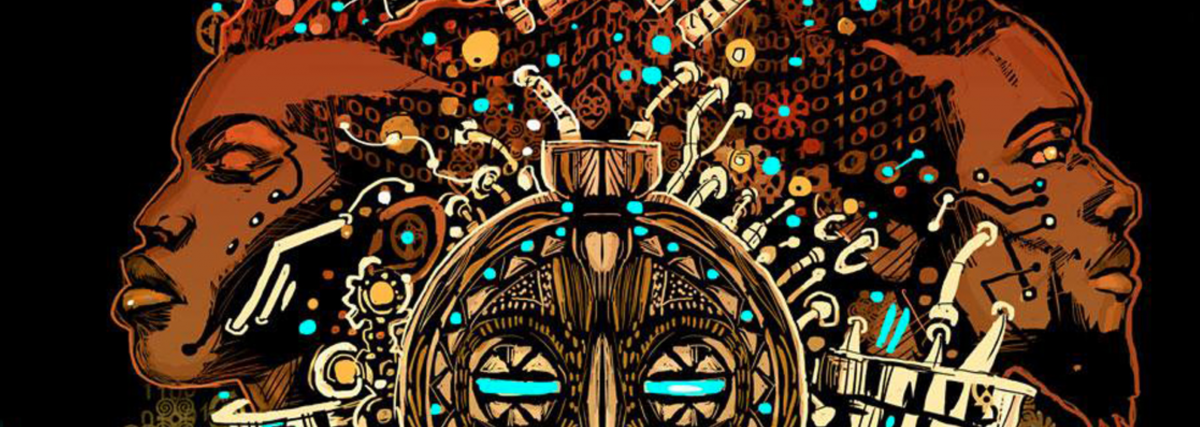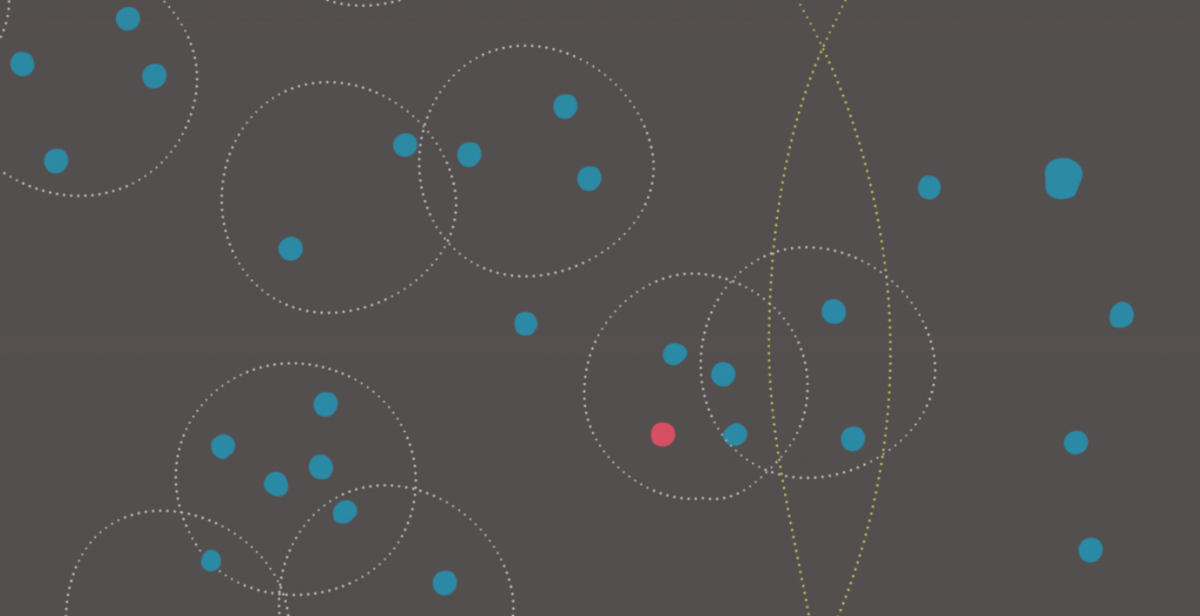Horizon 2045
An audacious project to end the nuclear weapons century. What would be possible if we broke the stranglehold that nuclear weapons have on our imaginations, our policies, and our shared future?
Read More
An audacious project to end the nuclear weapons century. What would be possible if we broke the stranglehold that nuclear weapons have on our imaginations, our policies, and our shared future?
Read More
The Council for a Livable World endorses Congressional candidates who will support smart nuclear arms control and non-proliferation policies, who will fight for a more accountable Pentagon budget, and who will prioritize diplomacy over conflict.
While nuclearweapons.info does not endorse any candidates, The Council for a Livable World has put together a great resource for people who want to learn more about which candidates will take a strong stance on addressing the threat of nuclear weapons.
Learn more about the House candidates and the Senate candidates that the Council endorses.


Two leaders of the Black Speculative Arts Movement talk about their new collaboration with N Square—and what Afrofuturism brings to the task of envisioning a nuclear threat-free future.
Interview by Jenny Johnston / June 28, 2021
Not long ago, as part of a public art project in Pittsburgh, Afrofuturist Alisha Wormsley mounted a billboard atop a commercial building. It featured just seven words, big bright letters on a dark background: “THERE ARE BLACK PEOPLE IN THE FUTURE.” Incredibly, the sign was deemed too provocative and quickly dismantled. But what can’t be dismantled is the burgeoning artistic movement that Wormsley’s words represent. Afrofuturism is an aesthetic practice involving vast numbers of Black artists and creatives whose work envisions futures rich with African heritage and sci-fi futurism. Their work challenges the dominance of Eurocentric worldviews—and it’s creating a groundswell of ideas, agency, and optimism for the future in Black communities worldwide.

How might we support individuals to better contribute their actions and ideas to affect impactful outcomes in their organizations and the nuclear policy field?
Read More
How might the nuclear threat reduction field become one of the brightest sources of creativity and innovation on the planet? That is the question that launched the 2019 N Square “listening tour,” in which we interviewed 72 DC-based nuclear threat reduction professionals to gather diverse perspectives on the state of the field and hopes for its future. Our new report, “Greater Than: Nuclear Threat Professionals Reimagine the Field,” shares the findings of this research. It offers candid insight into barriers to and enablers of innovation and the acceleration of new ideas—along with significant reflections from colleagues about the day-to-day experience of working in this field and their aspirations for improvement. Our hope is that this work shoots a flare across the field, illuminating the contours of a new, collaboratively developed future along with ideas about how we might collectively begin to get there.
Hear N Square’s Sara Kutchesfahani discuss the report’s findings on the Big Nuke Energy podcast.

The United States faces a series of critically important decisions on nuclear procurement, posture, and declaratory policy. Which policies will best ensure effective deterrence while minimizing the risks of escalation and arms racing?
Read More
Bilateral arms control between the United States and Russia now rests entirely on New START, which will expire in 2026 if not sooner. What steps could build on this treaty, and how can China and other nuclear states be brought into the arms control process?
Read More
Stay up to date on news and events related to proliferation and nonproliferation of nuclear weapons.
Read More
The system of treaties, agreements, and institutions underpinning the nonproliferation regime is increasingly stressed by burgeoning arms races and growing discord over the lack of progress toward disarmament. What steps can be taken to halt, and if possible, reverse this trend?
Read More